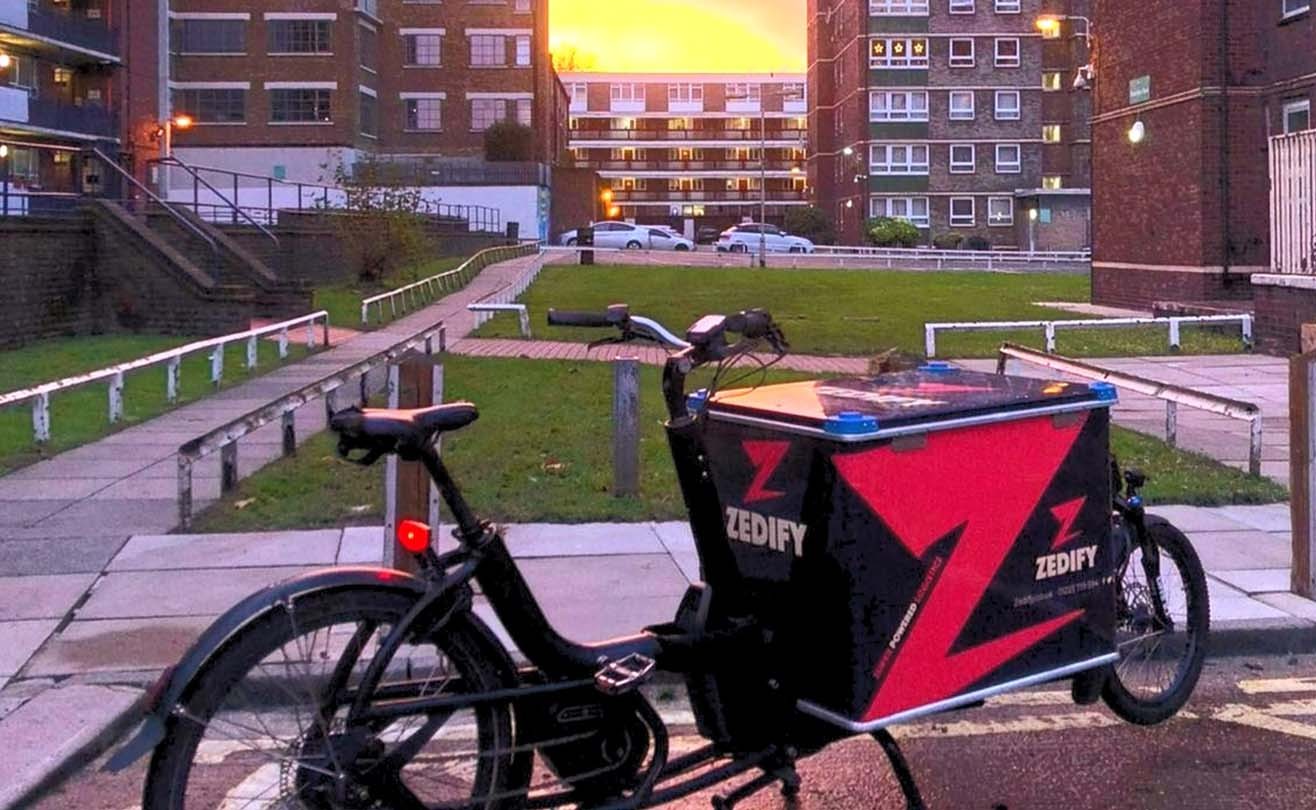
InternationalWomen’sDay2023:WhatDoesItMeanForThelogisticsworld?
 March 8th, 2023
March 8th, 2023 Bex Young
Bex Young 5 minute read
5 minute readThe transport and logistics sector’s reputation as a ‘traditionally male’ industry precedes it.
You might’ve seen the incredible ‘Imagine’ campaign by the advertising agency CPB, released on International Womens Day last year. It asked us to question our own gender biases in the workplace. For IWD 2023, we’ve put our own spin on it.
Beyond the obvious notion that women should have the opportunity to succeed at the same level as men and shouldn’t have to face exclusion, harassment or stereotyping, there are remarkable findings about the gulf between the performance of organisations that are gender-balanced and those that are not.
PwC’s report ‘Winning the talent race’ showed higher financial returns in companies with a more gender-balanced workforce. Logistics businesses with more women on the board consistently outperform their competitors by 16% in return on sales, and 26% in return on invested capital.
Outside of logistics and in business more generally, the most gender-diverse leadership teams are 47% more profitable. Yet despite it being fact that gender-balanced businesses perform better, the idea that operational and management roles are reserved for men persists both consciously and subconsciously. Individuals and businesses continue to suffer because of it.
Only 2% of logistics workers globally are female. A mere 19% of logistics workers in the UK are female. 11% of leaders are female – well below the levels needed for maximum productivity and profitability, according to major think tanks.
The problem in cycling-focused businesses seems to originate with cycling itself. 73% of women living in cities never ride a bike with the biggest barriers being subjective safety, lack of time and different travel patterns. These are systemic issues that flow into the number of women coming forward for employment in cycling and logistics, and they will require a huge cultural shift to change. This is where businesses can and should play their part.
What Are We Doing At Zedify?
We know that the best logistics businesses prioritise their people before goods and services. We’re making HR a priority. This year, we will be recruiting new HR expertise to help us hire more skilled people and provide them with the best possible employment experience.
The PwC report states ‘‘In one report on the practices of ‘Top Employers’ in Europe, 66% report that: “HR plays a crucial role in strategy formulation and operational success.”’ When HR representatives report directly to the CEO – a practice that Zedify will employ – businesses have been proven to thrive.
We’ve formed a small but mighty Women at Zedify team, led by the Chief Sustainability Officer and co-founder Sam Keam. The group meets to discuss both lived experiences and ways in which the company can improve on diversity. We are now opening this group out to the whole company – we recognise that change cannot come without the involvement of all genders at all levels of the business.
What have We Done So Far For The Logisitcs For Women?
The group has met with female riders in a variety of different hubs across the UK and had informal ‘interviews’ on what their experience working at Zedify has been like. We’ve taken on points to improve – such as ensuring sanitary towels and tampons are available in all of our hub bathrooms – and celebrated the successes of individual depot teams.
We’ve investigated the reasons why female applicants have not proceeded with roles at Zedify, and learnt from this. We’ve reviewed our recruitment messaging to ensure that we don’t use gender-biased language, to ensure that women feel that they are just as capable for roles in logistics as men.
We understand that there are societal reasons why some women might not feel that becoming a cycle courier is the right – or a safe – choice for them, and have spoken to our female riders about this. Where possible, we have sought to remediate some of these concerns and made sure that our female staff feel comfortable and secure to report any issues on the road.
We have amended our exit interviews for riders to ensure we can pick up on any potential reasons that female riders specifically have left the company, so that these can be addressed in future.
What’s The Next Steps?
We know that representation matters. We have committed to focus more on our female riders in our communications and use their voices as a force for change in the recruitment and retention of other female riders going forward.
We’re excited to see some robust actions proposed in the Bicycle Association Diversity in Cycling pledge and are reading it keenly to see how we can contribute to its goals. By doing so, we hope to unite with fantastic organisations such as Halfords, Raleigh, Brompton, British Cycling, Bikeability and more to generate real change in the industry.
It’s so important that groups such as Women in Mobility continue to bring women in our sector together and empower them, and businesses in our sector should continue to support the hiring, retention and progression of their female staff. We engage with these groups and have contributed to a white paper on this very topic.
Here’s to smashing that glass ceiling, one day at time.




